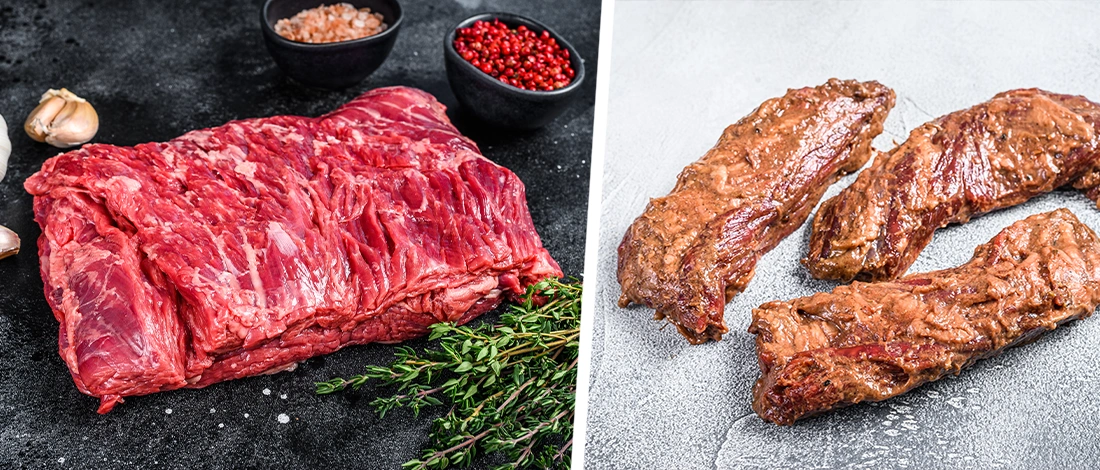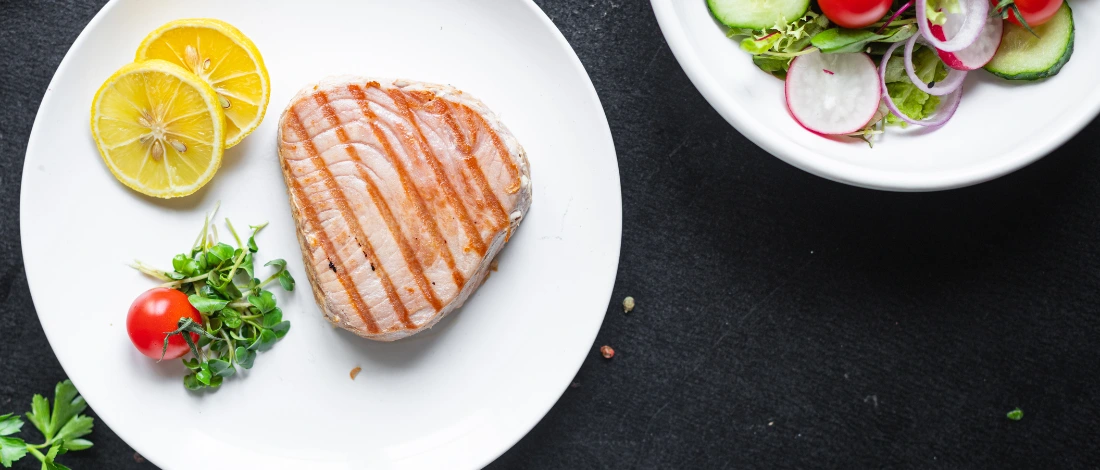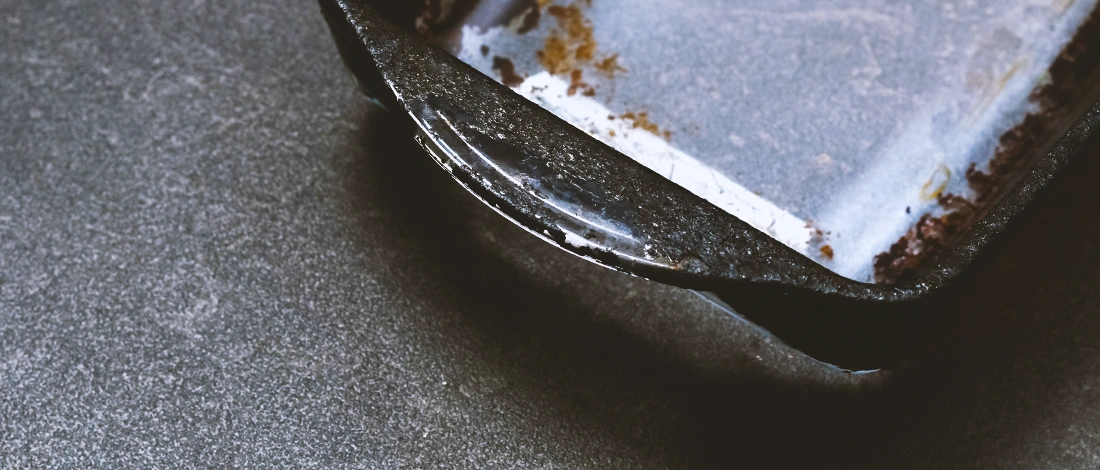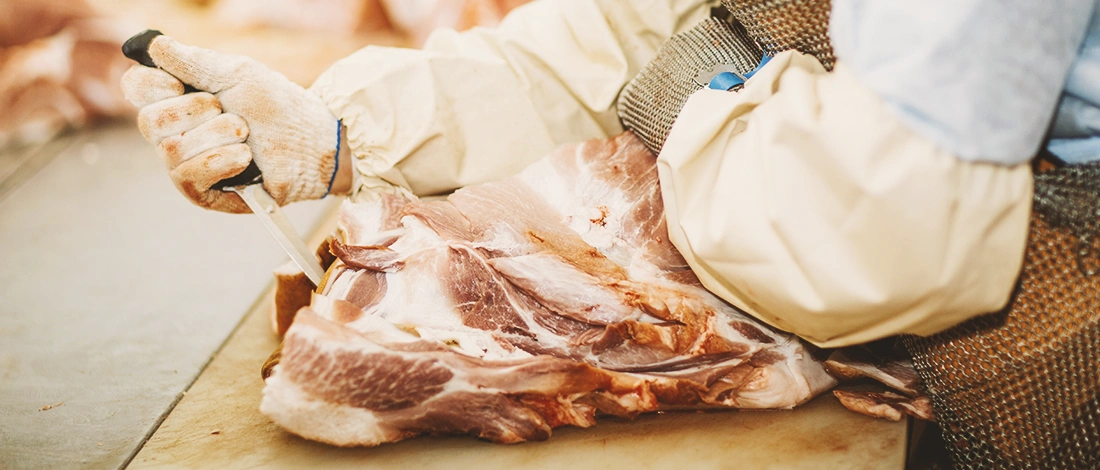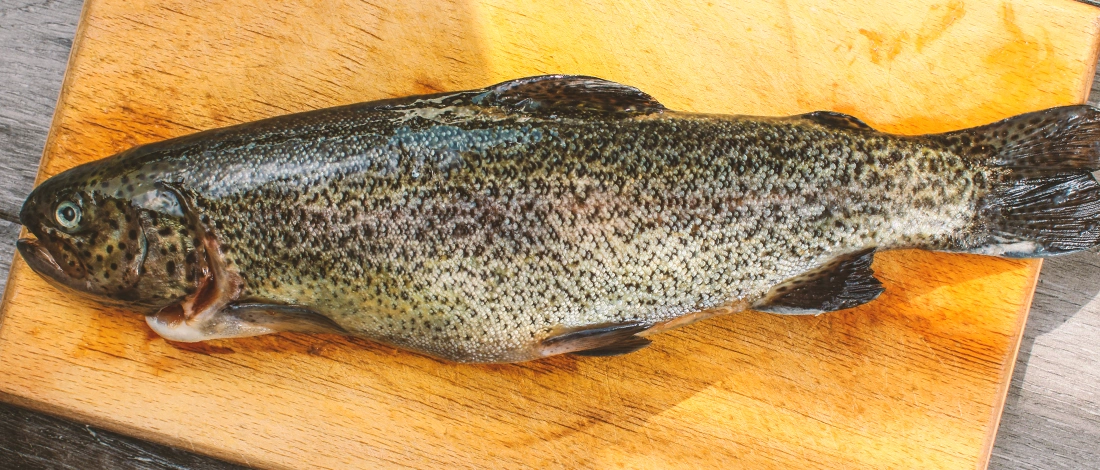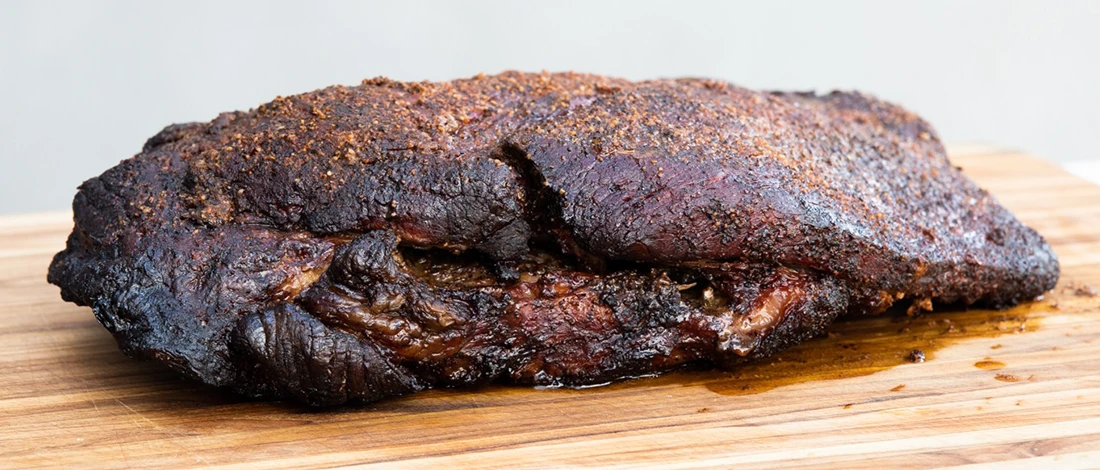In the past, many gas grills used lava rocks to enhance the grilling experience. However, in recent years, I noticed that gas grills no longer use lava rocks as frequently.
As a seasoned grilling enthusiast with years of experience in the industry, I embarked on an extensive research journey to uncover the reasons behind this shift.
With the help of Carnivore Style's team, I consulted with experts in the field, analyzed grill technology trends, and drew on my hands-on experience with various grill models.
This article aims to provide you with valuable insights into the evolution of grilling technology.
However, before deciding, also evaluate your choice of gas grill. Some grills are optimized better than others.
Quick Summary
- Gas grills no longer use lava rocks primarily due to safety concerns, smoke production, and maintenance.
- Lava rocks can create intense smoke when grease drips on them, require regular cleaning, and can lead to food poisoning.
- Ceramic briquettes are a viable alternative to lava rocks, offering even heat distribution, easy cleaning, and fuel efficiency.
Why Don't Gas Grills Use Lava Rocks Anymore?

Gas grills don’t use lava rocks anymore due to safety and maintenance concerns.
Although lava rocks have their good points, users have noticed disadvantages while using them in the gas grill over time.
Here are several reasons why very few grills use actual lava rocks anymore:
Intense Smoke
The disadvantage of using lava rocks in gas grills is intense smoke that sometimes occurs when grease drips on the rocks.
This happens because lava is a porous stone, and when it gets full of the fat from baking starts, it starts to smoke heavily.
Requires Regular Cleaning
Another reason why gas grills don’t use lava rocks is the heat distribution on a grilling surface.
People have noticed that lava rock prevents the even distribution of the gas flame’s heat.
To distribute the heat evenly, the stones must also be cleaned regularly after use, which users often forget.
Users have often pointed out easy cleaning as a good thing about lava rock usage. They can be boiled in water and detergent, dried, and reused.
Looks easy, but unfortunately, after some time, you have to repeat the procedure. Users often forget that they have to clean them from time to time, which has usually caused more trouble than good.
Related Articles:
- Easy Steps on How to Clean Cast Iron Grill Grates
- Best Way to Clean a George Foreman Grill
- Tips for Cleaning a Flat Top Grill
Possible Food Poisoning
After a few baking, you should change them to avoid the unpleasant odors left by the previous cooking remnants (such as the fat that runs from the sausages, etc.).
Failure to do so can lead to food poisoning, which is undoubtedly the last thing we want to happen when preparing food.
These shortcomings have led to more and more people opting for other types of materials that would have a similar effect as lava rocks.
How are Volcanic LAVA ROCKS Formed?
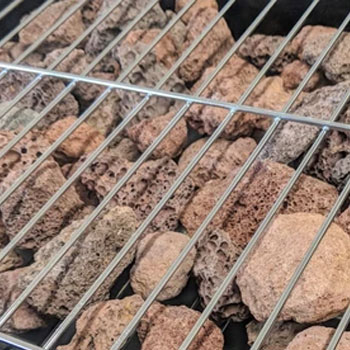
Volcanic lava rocks are rocks formed by the solidification of molten lava or basalt hard rock. The volcanic rock is created in magma flows, and mass ejected from a volcano during an eruption [1].
When initially expelled from the volcano's opening together with magma, it is in a liquid state. It has a temperature of 700 ° C to 1200 ° C.
Lava is quite dense, with a viscosity about 100,000 times the water density. This means that it can flow long distances before the lava cools and solidifies, thanks to its thixotropic properties and shear thinning.
Are Clean Lava Rocks That Bad for Grilling?

Lava rocks are not that bad for grilling because they have their fair advantages.
These advantages include:
1. Lava rocks maintain temperature for a long time.
Lava rocks ensure fast food preparation and integrity as they retain heat for a long time.
It is a natural product with a porousness, and therefore, it absorbs heat very quickly.
The stone retains heat for a longer period, enough to bake steak, ribs, picanha, and even potatoes for each of your guests. It also allows food to be evenly grilled.
The advantage of preparing meat on the cooking surface using lava rocks is also in food quality. The heat of the rock closes the pores of the meat and retains its juices and taste.
Oil or fat is not required, which makes the preparation of grilled food on lava stones healthy.
2. We can use these stones in gas grills multiple times.
Gas grills use lava rocks because you can reuse them. An interesting thing about lava rocks is the fact that they do not burn.
They just heat well the surface area so that you can use it for a long time.
After the grilling is over, you can freely pour lava rocks with water and use it again tomorrow.
3. Lava rocks reduce flare-ups by keeping grease and oil.
Grease and oil from food during grilling constantly drops on a grill surface. Lava rocks can easily absorb fats and thus reduce flare-ups better than heat tents [2].
They can also prevent drippings, unwanted combustion, and the formation of harmful substances.
Since lava rocks are porous, the amount of lava pores they have effectively absorbs fat droplets and prevents harmful substances from dipping and unwanted fat burning.
4. Lava rocks allow indoor grilling.
According to the Hearth, Patio & Barbecue Association's (HPBA) study, almost two-thirds (64%) of U.S. adults own a grill or smoker [3]. But not all of them can do it outside.
Gas grills with lava rocks store the heat of the flame, even if it no longer burns. Lava rocks do not smoke in such significant quantities as charcoal in a charcoal grill and usually wood or pellets.
That is why a grill that uses lava rocks can provide great "smoky" food not only outdoors but you can also use them in your kitchen.
“Cooking is a subject you can never know enough about. There is always something new to discover.”
- Bobby Flay, Chef
Alternative FOR LAVA ROCKS: CERAMIC BRIQUETTES
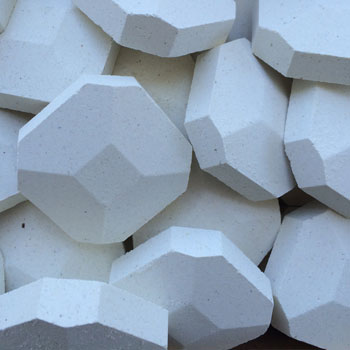
Cеramic briquеttеs providе a viablе altеrnativе to lava rocks for еnhancing your grilling еxpеriеncе.
Thеsе hеat-rеsistant, cеramic componеnts arе dеsignеd to еvеnly distributе hеat across your grill, еnsuring consistеnt cooking tеmpеraturеs.
Unlikе lava rocks, cеramic briquеttеs do not absorb grеasе and can bе еasily clеanеd, rеducing flarе-ups and thе risk of flavor contamination.
BENEFITS OF USING CERAMIC BRIQUETTES

Ceramic briquettes offer several benefits that include the following:
They have good characteristics of lava rocks
Ceramic briquettes have almost the same characteristics as lava rocks. They are helping to reduce flare-ups while grilling so they can provide a safer result.
They have a possibility of quick absorption of the heat, which they can use much longer. In this way, you can continue cooking using the heat from the briquettes even when you turn off the gas.
They do not retain fat
Due to the materials from which they are made, they do not retain fat, which is a great advantage over lava rocks.
They distribute heat ideally
Ceramic briquettes are improving heat distribution, eliminating lava rocks' cold spots on the gas grill.
They hold the heat longer and are less messy than lava rocks. By making the whole barrier hot, they prevent the risk of flare-ups and drippings.
Easy to clean
These advantages mentioned above and the quality materials made allow us to reuse ceramic briquettes in gas grills better than lava rocks.
The high-quality ceramic used in ceramic briquettes increases their lifespan and reduces the need for cleaning and food poisoning risk. You can reuse them multiple times as they are self-cleaning.
Fuel-saving
After you light it up to your gas grill, ceramic briquettes, through quick absorption, "suck" as much heat as possible.
That way, you can just cook your food using the heat from the briquettes and turn off the gas.
FAQs
Do Weber Gas Grills Use Lava Rocks?
Weber gas grills do not use lava rocks. Instead, they employ a system of flavorizer bars or grids to distribute heat evenly and add flavor to the food.
Can Lava Rocks Make Your Grill Hotter?
Lava rocks can make your grill hotter. These porous volcanic rocks absorb and distribute heat evenly across the cooking surface. As they heat up, they radiate intense heat, creating hot rocks and aiding in a consistent and high-temperature cooking environment.
At Carnivore Style, we’re passionate about helping you make the most of your grilling experience. Whether you’re cooking up steaks, burgers, or any other carnivore-friendly dish, we have more tips and guides to enhance your skills. Check out our other resources for expert advice on perfecting your grill game.
References:
- https://www.worldatlas.com/articles/how-are-igneous-rocks-formed.html
- https://www.aicr.org/news/guide-to-healthy-grilling/
- https://www.hpba.org/Resources/PressRoom/ID/1911/2020-State-of-the-Barbecue-Industry


